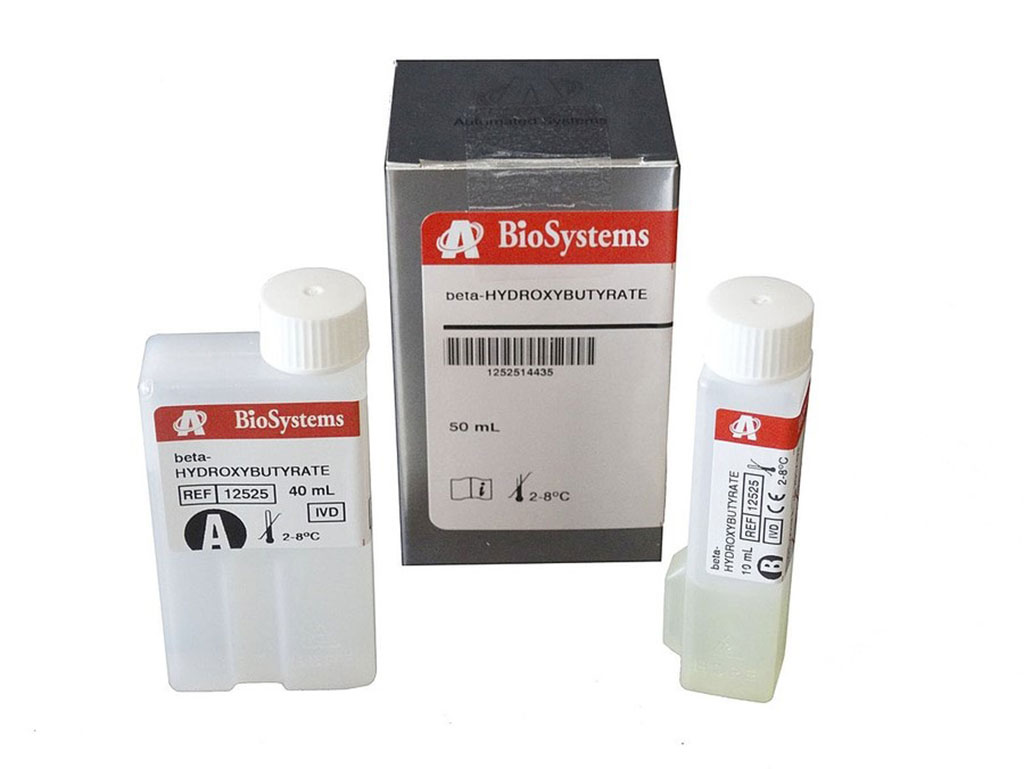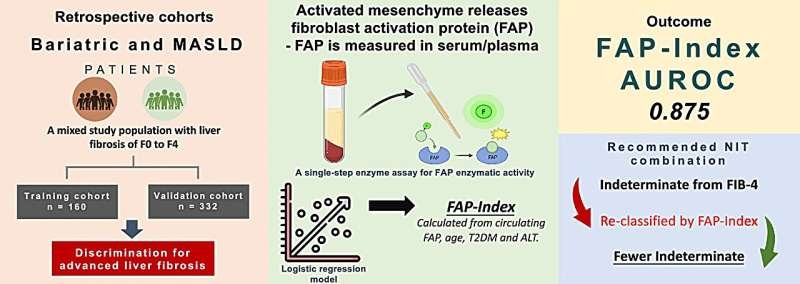Protracted Ketonemia Reported in Hyperglycemic COVID-19 Emergencies
By LabMedica International staff writers
Posted on 03 Aug 2020
Diabetes is a major contributor to disease severity and mortality in patients with COVID-19; with an estimated 3.5-times increase in risk of death during hospital admission for patients with type 1 diabetes, and 2.03-times for those with type 2 diabetes.Posted on 03 Aug 2020
Diabetic ketoacidosis (DKA) is a life-threatening problem that affects people with diabetes. It occurs when the body starts breaking down fat at a rate that is to rapid. The liver processes the fat into a fuel called ketones, which causes the blood to become acidic. DKA and hyperosmolar hyperglycemic state (HHS) are hyperglycemic emergencies associated with substantial mortality and high blood sugar levels increase cardiovascular (CV) risk in elderly diabetics.

Image: A kit for measuring beta-hydroxybutyrate as a biomarker for diabetic ketoacidosis (Photo courtesy of BioSystems).
Endocrinologists at the North Middlesex University Hospital (London, UK) and their colleagues carried out a retrospective analysis of recruited eligible patients from three hospitals in north London, UK, March 1–30, 2020. There were 35 patients with COVID-19, presenting with DKA (31.4%), mixed DKA and HHS (37.1%), HHS (5.7%), or hyperglycemic ketosis (25.7%) that were included and evaluated. The median overall HbA1c was 111 mmol/mol (IFCC; diabetes diagnostic cut-off ≥48 mmol/mol) and/or the presence of ketonemia (beta-hydroxybutyrate >0.6mmol/L). The median age of the patients was 60 years, 28 (80%) had type 2 diabetes, five (14%) had type 1 diabetes and two (6%) were "new presentation" of diabetes. Forty percent were African American, 20% Caucasian, 17% mixed ethnic origin, and 14% Asian (6% Chinese and 9% Indian origin).
The scientists reported that there was there was a "striking" type 2 disease overrepresentation in those presenting with DKA (82%), suggesting acute insulinopenia in patients with COVID-19 and with type 2 diabetes, which persisted up until the time of discharge in 30% of patients previously not insulin-treated. The patients developed protracted ketonemia and ketoacidosis, with median time to ketone resolution in DKA of roughly 35 hours (range, 24 to 60 hours). In non-COVID-19 DKA cases, in contrast, the median duration of ketoacidosis was about 12 hours.
Substantial insulin resistance and possibly relative insulinopenia in severe COVID-19 was disproportionate to that seen in critical illness caused by other conditions, which might have contributed to the metabolic decompensation. The team noted that 35% of patients in the study required an increase of the fixed dose insulin infusion above the recommended insulin dose for DKA of 0.1 units/kg per hour.
In conclusion the authors reported that COVID-19 is associated with hyperglycemic emergencies in COVID-19 with overrepresentation of type 2 diabetes in patients presenting with DKA and long-lasting ketosis. The study was published on August 1, 2020 in the journal Lancet Diabetes & Endocrinology.
Related Links:
North Middlesex University Hospital














